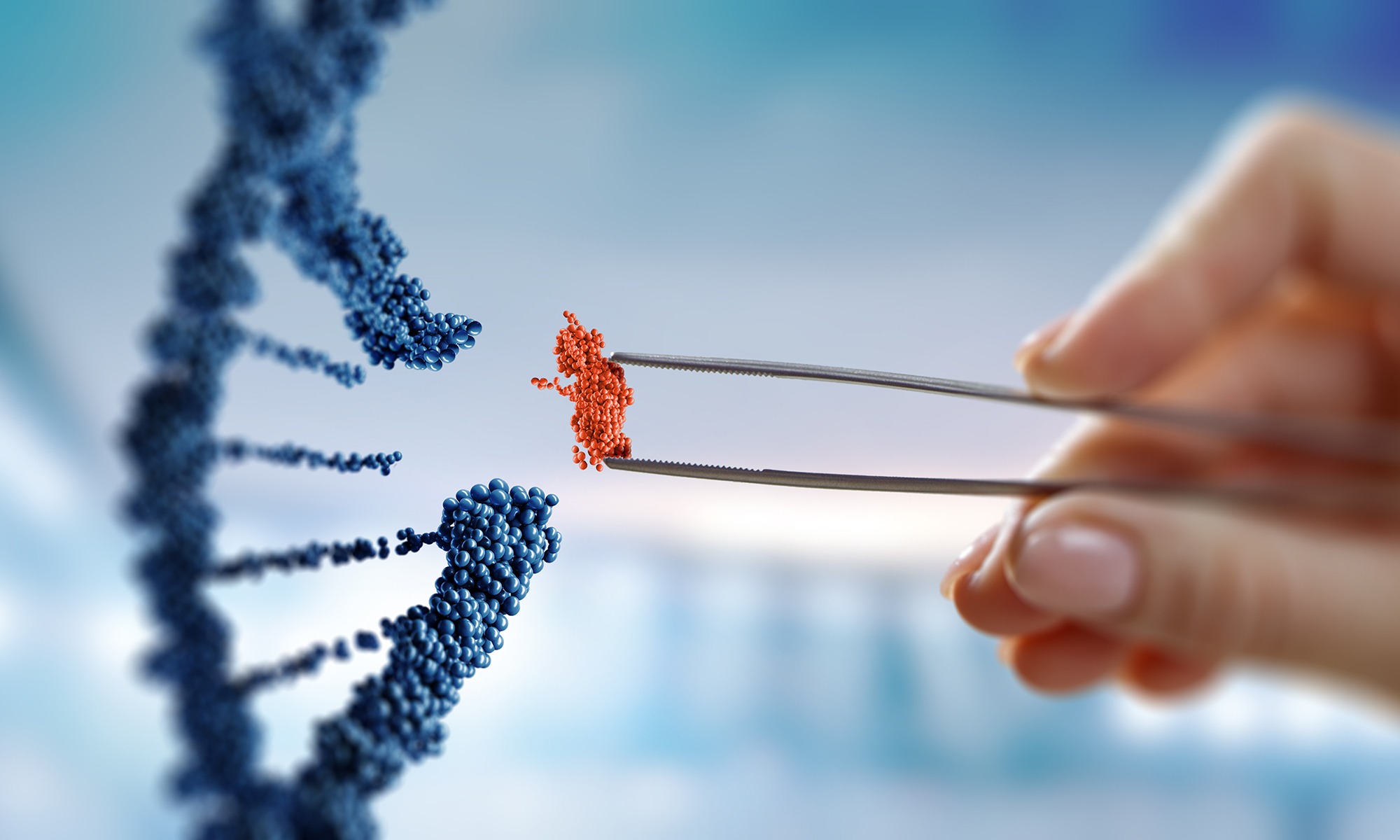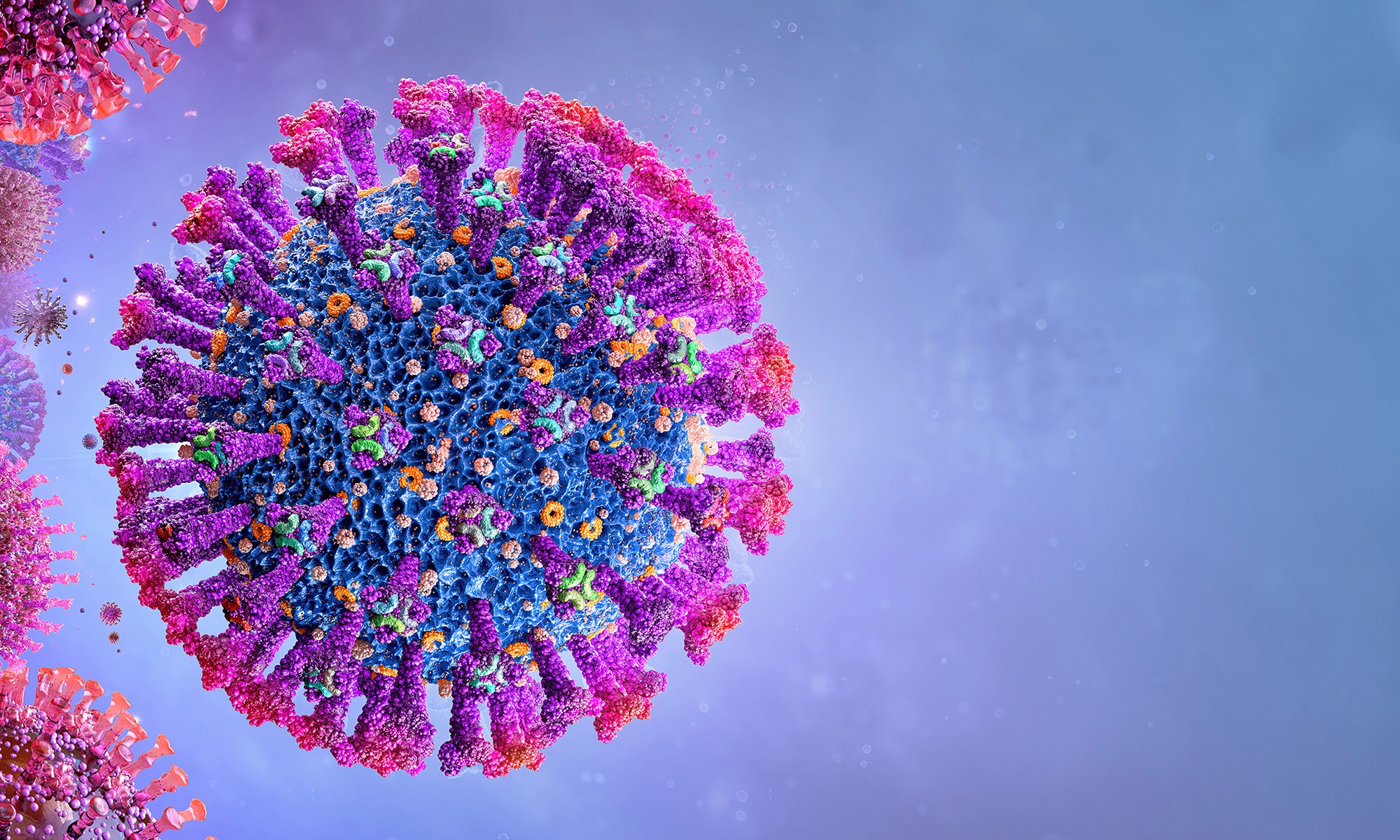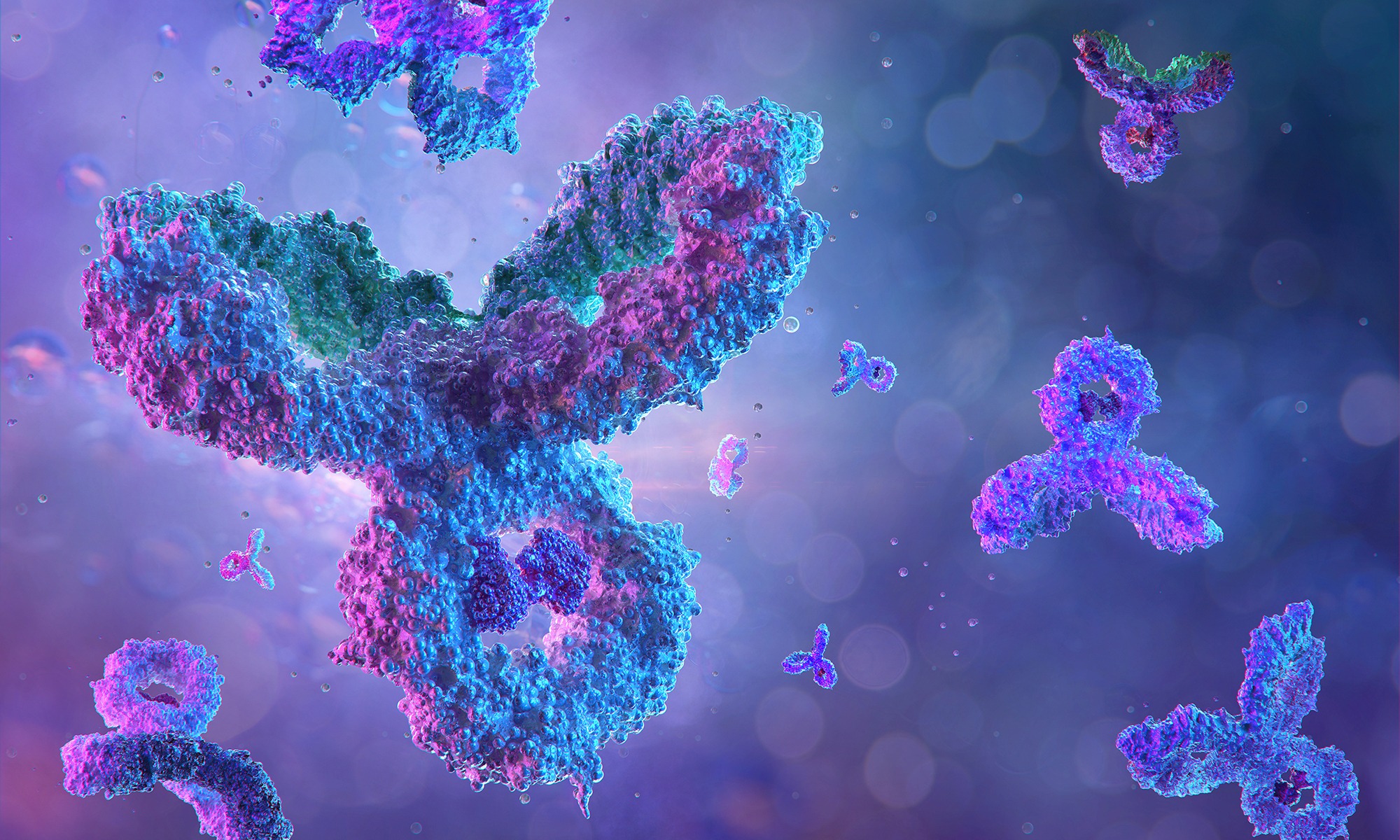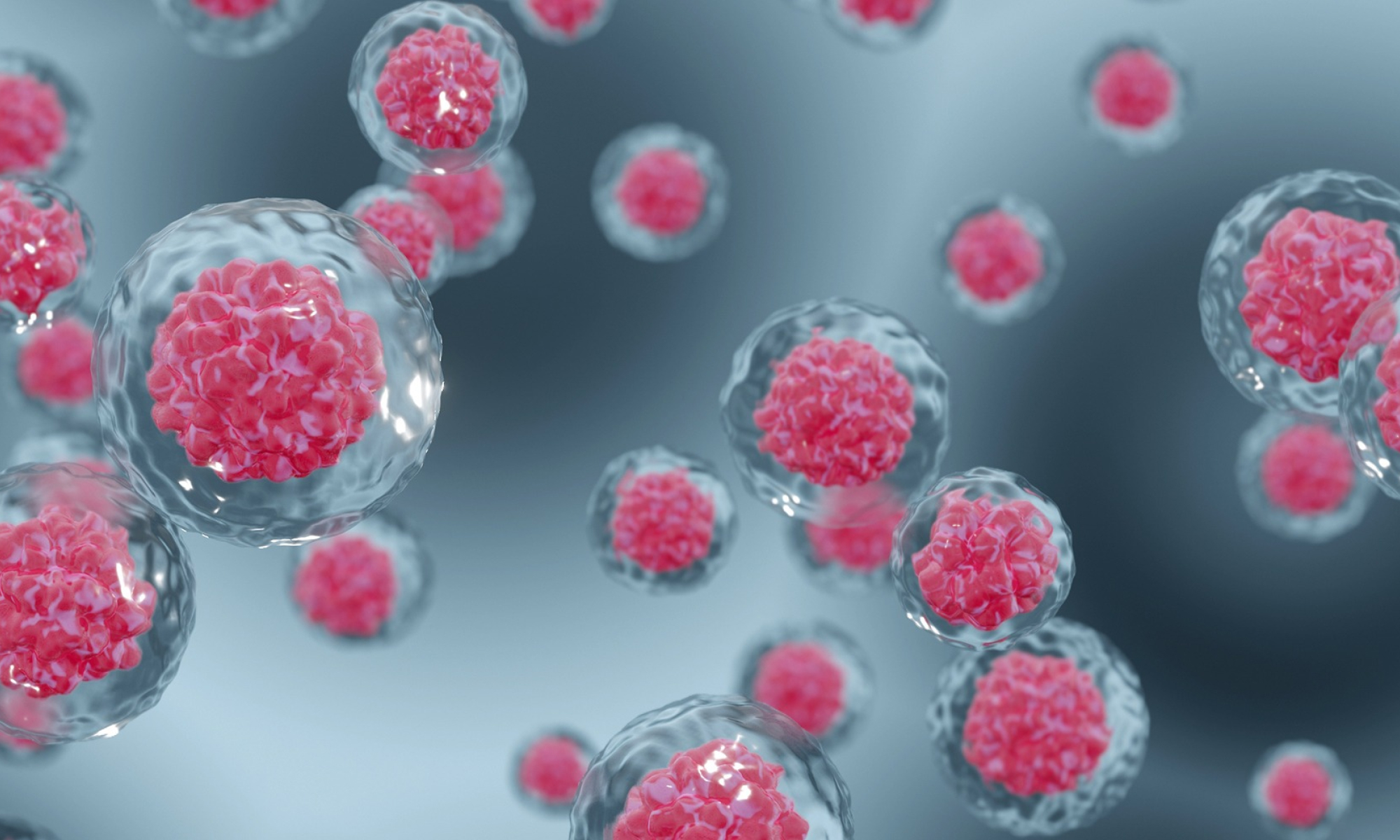Solutions
Recombinant Insulin applications
High-performance biomanufacturing processes are needed to accelerate the time-to-market of safe and efficient drugs, reaching thousands of patients worldwide. The unique biological properties of insulin make it a key growth-supporting ingredient in many different cell culture processes. Recombinant Insulin improves cell proliferation and boosts the production of therapeutic proteins for various applications, viral vectors for advanced therapies, and viruses for vaccines.
From monoclonal antibodies to cell and gene therapies, and vaccines, Novo Nordisk Pharmatech’s Recombinant Insulin is contributing to improving the lives of people living with arthritis, cancer, multiple sclerosis, and many other medical conditions.
Explore the many applications and learn how Recombinant Insulin can help support your formulations.
You can also request a product sample to experience its capabilities in your own environment
Discover our Recombinant Insulin applications
Explore more about Recombinant Insulin
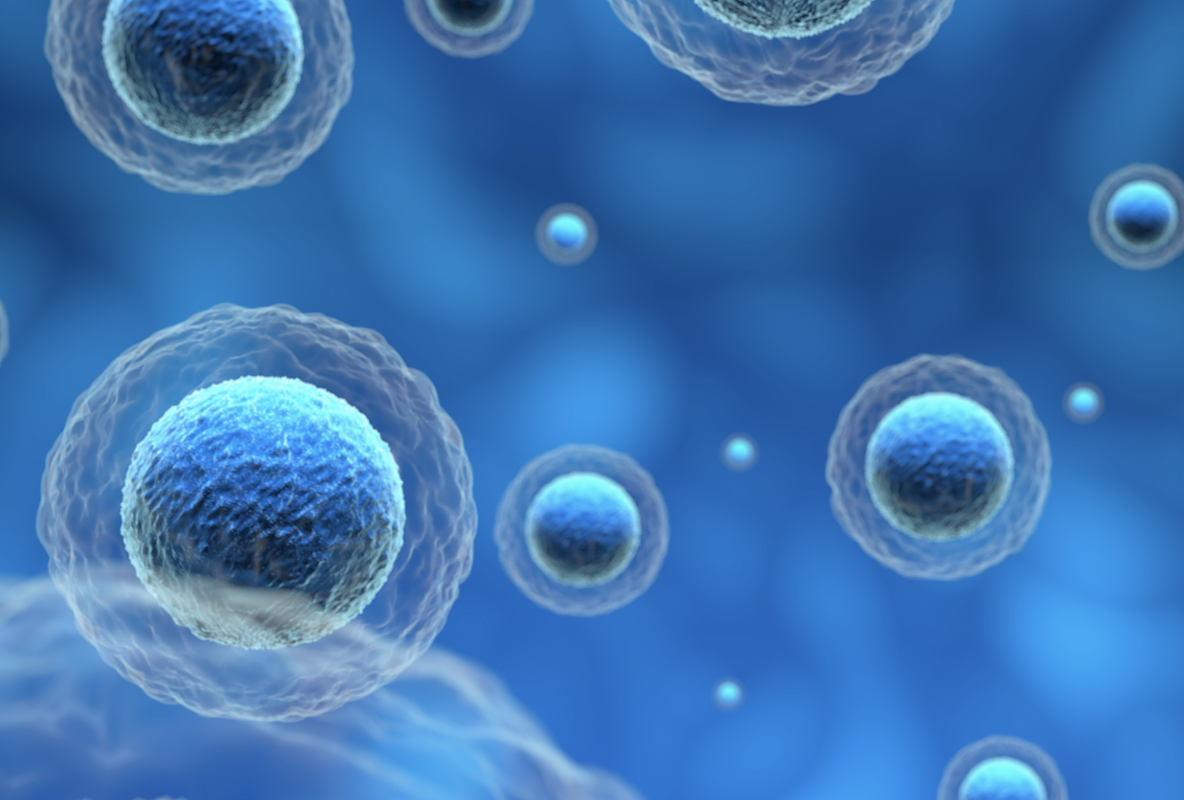
Insulin insights
Explore our collection of materials and case studies about Insulin Human AF and see how it improves cell culture and boosts protein production.
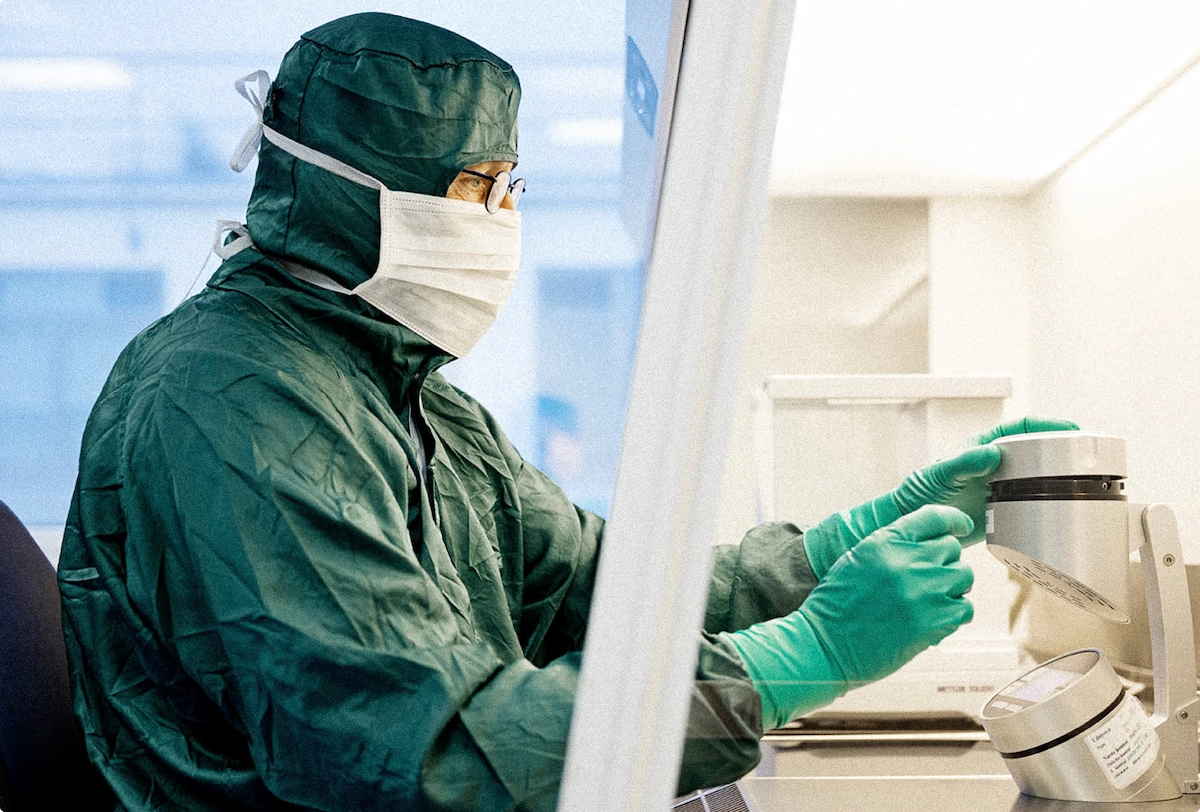
Recombinant Insulin
Scale-up production, optimise processes, and increase cellular products yields with our Recombinant Insulin that’s approved by regulatory bodies worldwide.
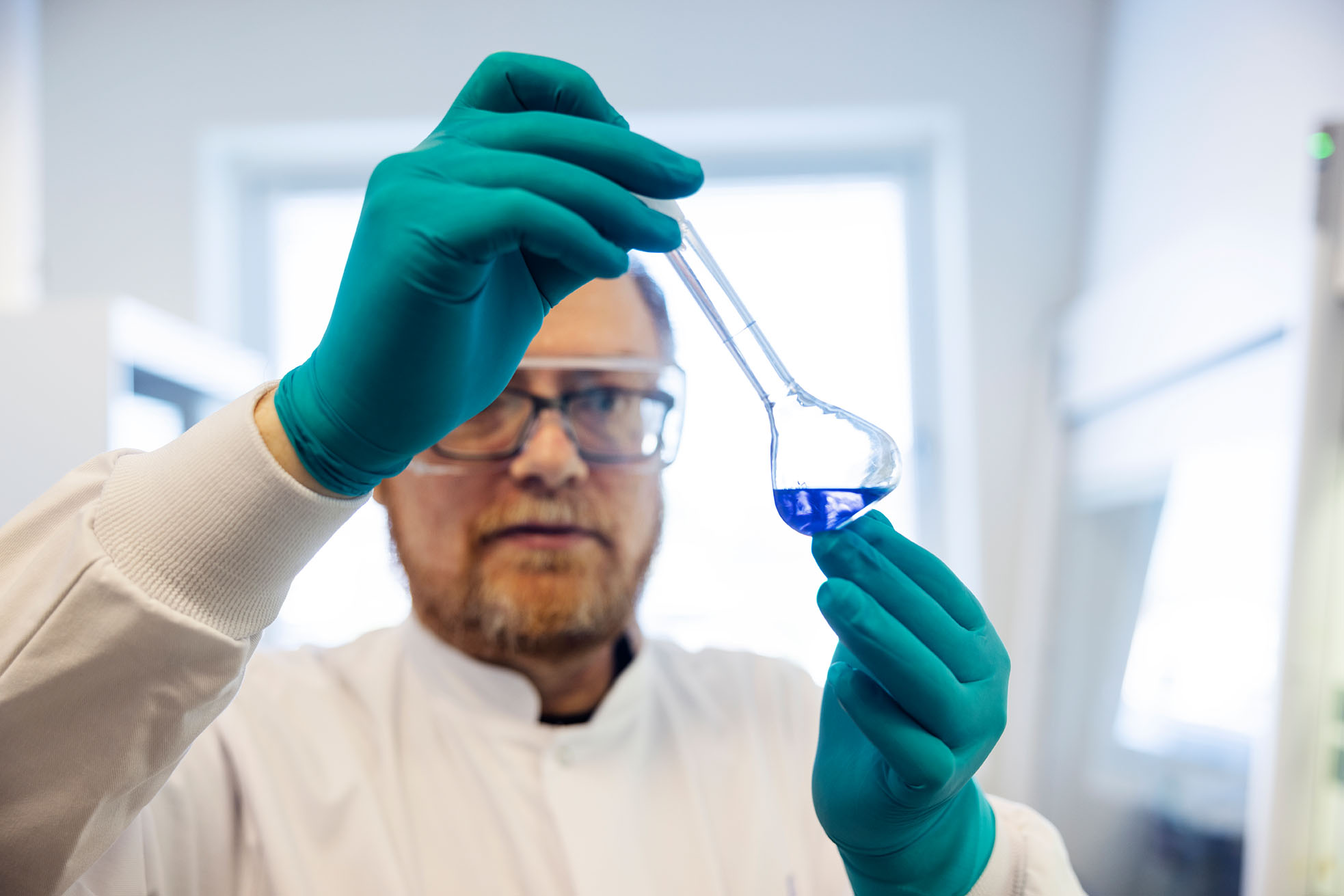
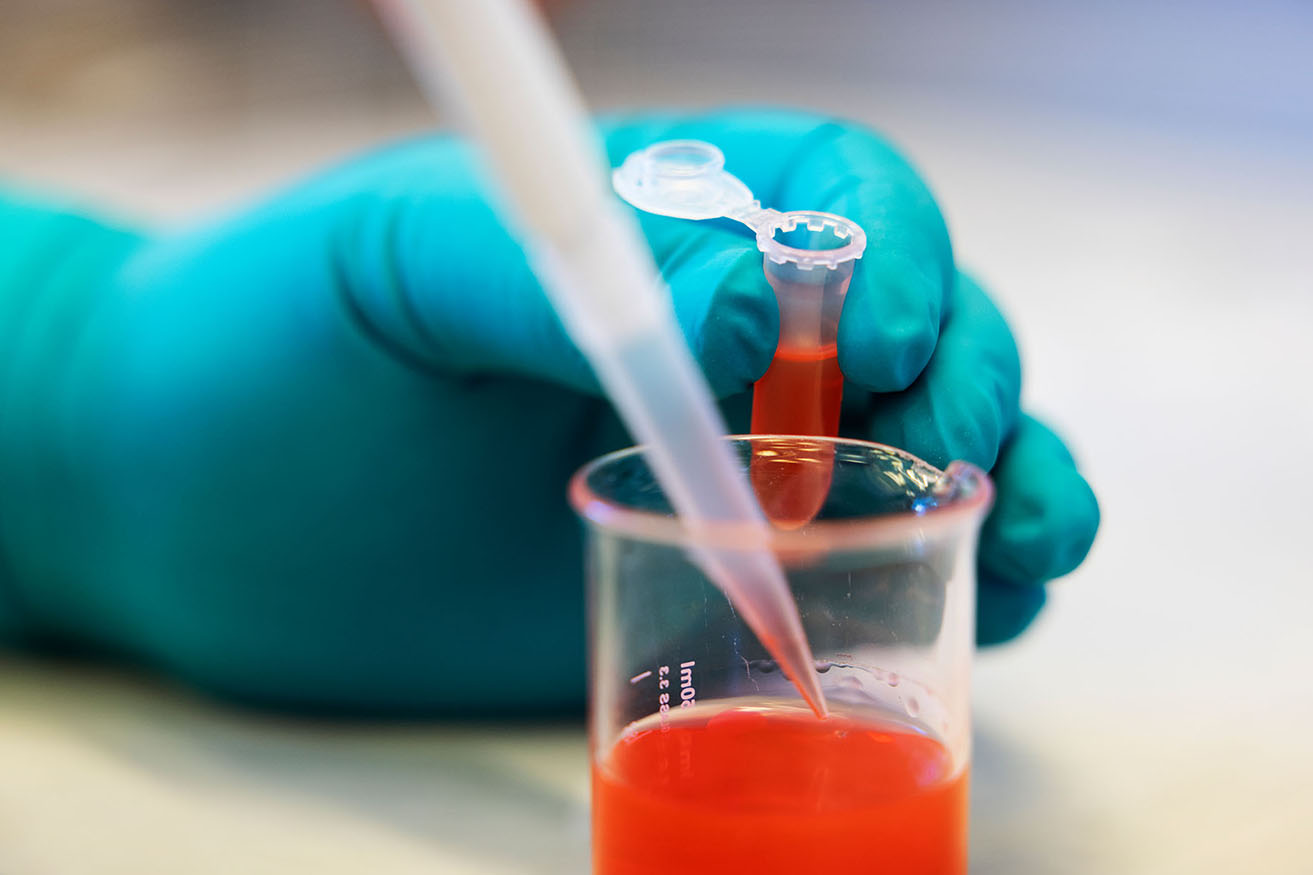
Insulin 10 reasons why
Reduce the risks of contamination with our Benzalkonium Chloride that’s the best and safest antimicrobial for the pharmaceutical, medical device and personal care industries.
